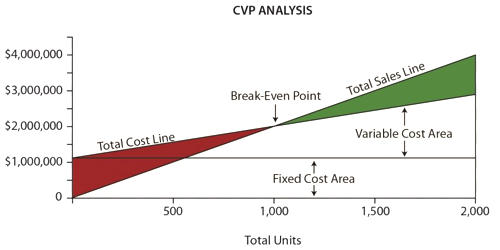Kidney disease refers to any condition that affects the function of the kidneys, which are vital organs that filter waste and excess fluids from the blood, balance electrolytes, and produce hormones that regulate blood pressure and red blood cell production.
Recent clinical studies’ combined data show that the oral medication roxadustat is a successful treatment for anemia in those with chronic kidney disease. The results are published in an upcoming issue of CJASN.
Anemia, or a deficiency in the healthy red blood cells that carry oxygen to the body’s tissues, is a common complication of kidney disease. A novel family of oral medications known as hypoxia inducible factor-prolyl hydroxylase inhibitors may be as effective as a placebo in these trials, despite the fact that several therapies for anemia have been related to substantial cardiovascular adverse effects. These medications work by influencing the erythropoietin synthesis pathway, which promotes the development of red blood cells.
There are several oral drugs that can be used to treat anemia, depending on the underlying cause of the condition. Some commonly used oral medications for anemia include:
- Iron supplements: Iron deficiency is a common cause of anemia. Iron supplements, such as ferrous sulfate or ferrous gluconate, can help to increase iron levels in the body and improve symptoms of anemia.
- Vitamin B12 supplements: Vitamin B12 deficiency can also lead to anemia. Oral supplements of vitamin B12, such as cyanocobalamin or hydroxocobalamin, can help to replenish stores of this essential vitamin and improve symptoms of anemia.
- Folic acid supplements: Folic acid is necessary for the production of red blood cells. Folic acid deficiency can lead to anemia. Oral supplements of folic acid can help to increase levels of this nutrient and improve symptoms of anemia.
- Erythropoietin-stimulating agents (ESAs): ESAs are a type of medication that can stimulate the production of red blood cells. They are often used to treat anemia in people with chronic kidney disease. Examples of ESAs include epoetin alfa and darbepoetin alfa.
Roxadustat was shown to be effective, with an acceptable safety profile. As an oral agent, roxadustat addresses the significant unmet need in treating anemia in patients with kidney disease.
Dr. Robert Provenzano
To evaluate the efficacy and cardiovascular safety of one such inhibitor called roxadustat Robert Provenzano, MD (Wayne State University School of Medicine) and his colleagues analyzed data pooled from three phase 3 studies of roxadustat in patients with chronic kidney disease and anemia.
In total, 2,391 patients received roxadustat and 1,886 received a placebo. Roxadustat treatment boosted levels of hemoglobin (the protein in red blood cells responsible for transporting oxygen): roxadustat vs. placebo-treated patients showed an average change in hemoglobin averaged over weeks 28 to 52 of 1.9 vs. 0.1 g/dL.
Throughout the first 52 weeks, Roxadustat also decreased the requirement for blood transfusions, and there were no elevated mortality, heart attack, or stroke risks associated with the medication.
“Roxadustat was shown to be effective, with an acceptable safety profile,” said Dr. Provenzano. “As an oral agent, roxadustat addresses the significant unmet need in treating anemia in patients with kidney disease.”
















